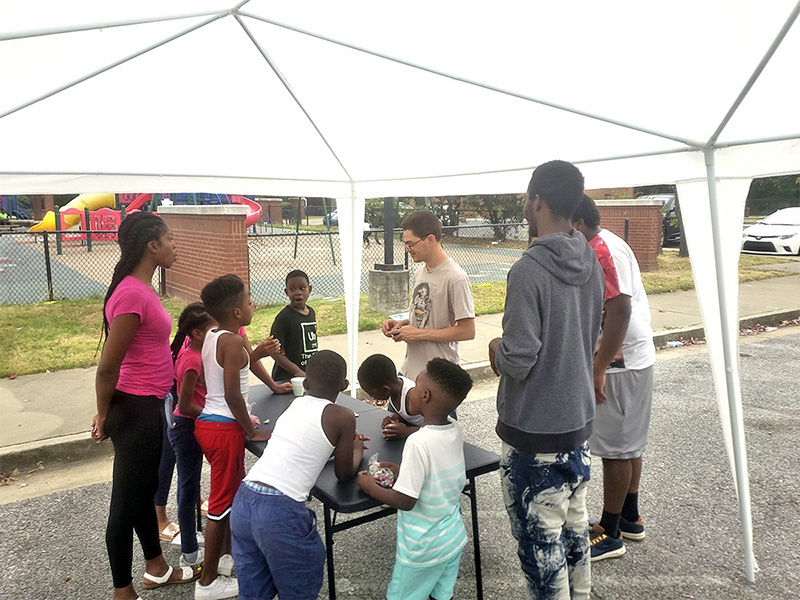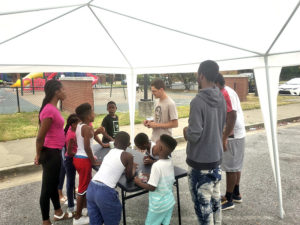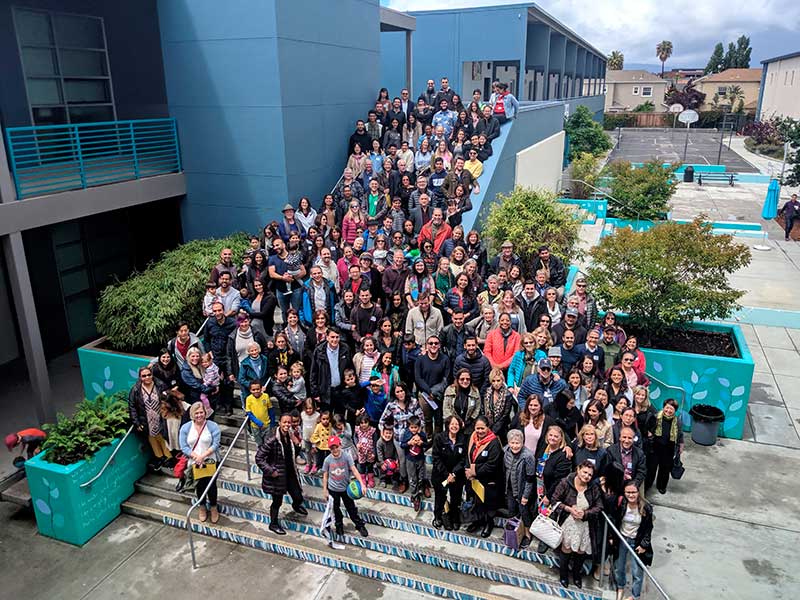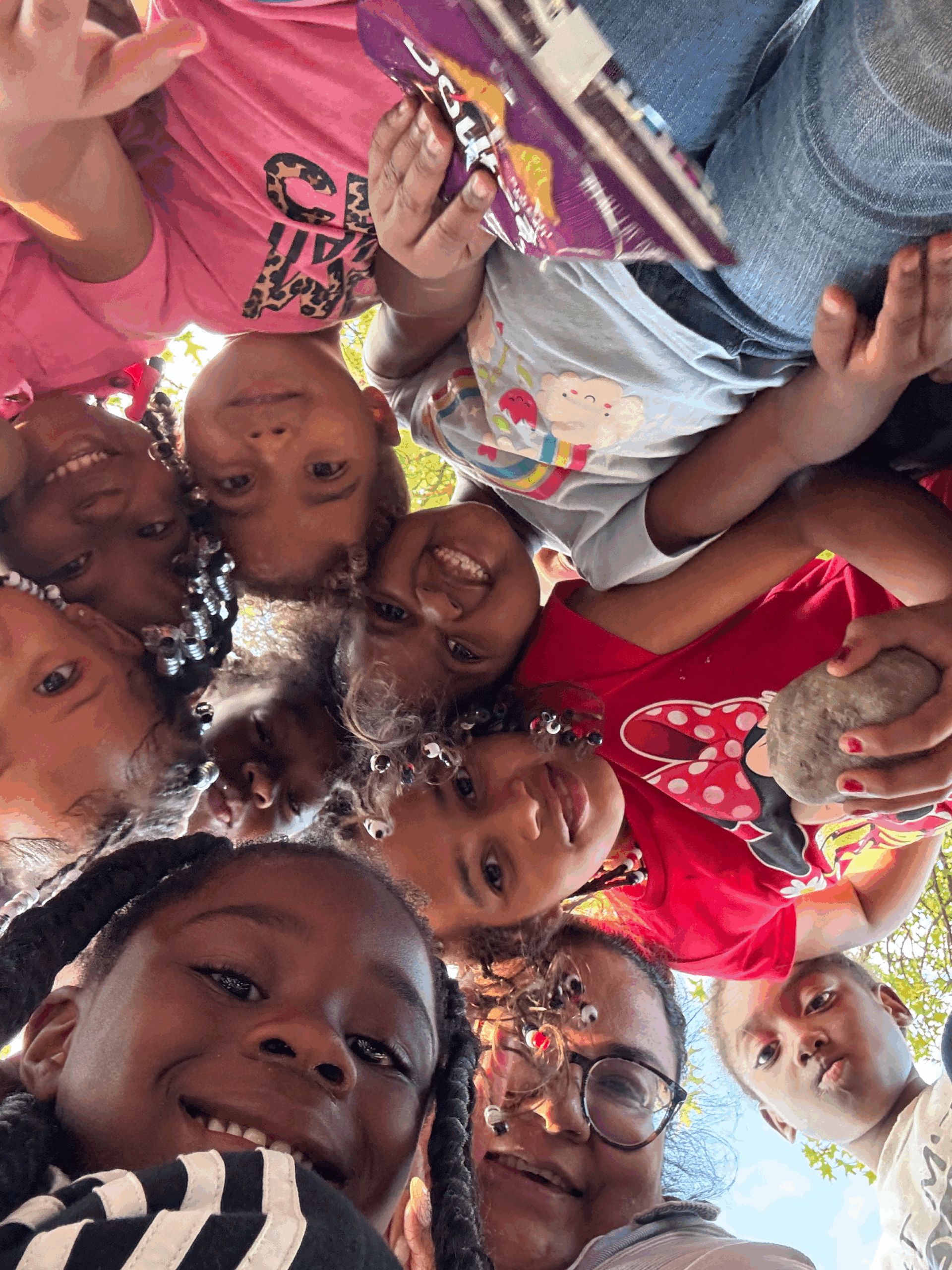
Memphis finds sweetness in return of youths who shied from service

Antonio Smith has seen neighborhood youths come and go from a Baha’i-initiated process of capacity building he coordinates in Memphis, Tennessee.
He’s not surprised by that. After all, says the 27-year-old Baha’i, “There are a number of paths of life available to these youths.” Committing to serve their community isn’t always the easiest.
“Each path comes with benefits and requisite sacrifices. Youths may come to face the sacrifices that the path of service requires and shrink away,” he says.
But in Smith’s experience, many of those young people ultimately find other paths “unfulfilling” and return to Baha’i activities that will point them toward a lifetime of contributing to the betterment of themselves and society.

“Once they taste the sweetness of these Words [from God] and experience the glimpse of love and unity that we’ve achieved,” he says, “they’re unable to find anything similar.
“They miss the fellowship and the sense of purpose. They don’t fully understand what all of this is, but their spirit is attracted.”
Just as Smith was attracted to serve the Faith in Georgia and South Carolina before returning in 2017 to apply that experience in his hometown of Memphis.
Now he serves as a member of the Baha’i training institute board for the Appalachian States (Tennessee, Kentucky and West Virginia). That institute helps ensure the availability of courses that train people to facilitate community-building activities where they live.
He’s found that periodic getaways to study intensively are an effective way to offer those courses to high-schoolers. And camps held during school breaks for children’s classes and junior youth groups give the youths an opportunity to use those new skills as mentors.

“A lot of growth has occurred in Memphis and throughout the region” because of these institute campaigns, says Smith, and the region has “committed to campaigns every season.”
At present, a small stream of youths in Memphis are “moving steadily” through a sequence of courses. And others are starting the process using the initial book, Reflections on the Life of the Spirit.
In his own neighborhood, that has led to an “expanding nucleus” of Baha’is and friends engaged in community building.
“We’re now trying to regularly involve Baha’is from [across the] community and parents of the youths,” says Smith. As of mid-March, three gatherings had been held to keep parents abreast of their children’s service and enlist their support.
Then there are young people who choose not to undergo training but are welcome into the various spaces created for youth.
“They are our friends, and we make sure to include them if they are around when we are eating or doing various activities,” says Smith. “They are not [fully] committed to us or the process, but they are a part of us.”
That level of inclusion is perhaps why some youths who drift away eventually return.
One young man stopped coming to activities, but “his family became my extended family,” says Smith. “Despite his lack of involvement throughout the months, we still visited them to just catch up.
“To our surprise, one week he said he wants to come” to a Baha’i-initiated youth night, “and he has come three or four times and brought a friend.”
A young woman, similarly, “fell away for a few months, then one day she messaged asking if we still wanted to have breakfast with her mom,” recalls Smith.
“From that time forward she has put forth good effort to try to attend the children’s class and junior youth group around her school. She has encouraged me to change my mindset from ‘she probably won’t show up’ to ‘she probably will show up.’”
Leaving Smith to conclude, “If a youth goes away and returns on his or her own accord, I know for a fact that something they experienced has stuck with them.
“Even youths that stray away find themselves coming back, and they return with a vision and understanding that is clearer than when they left.”





